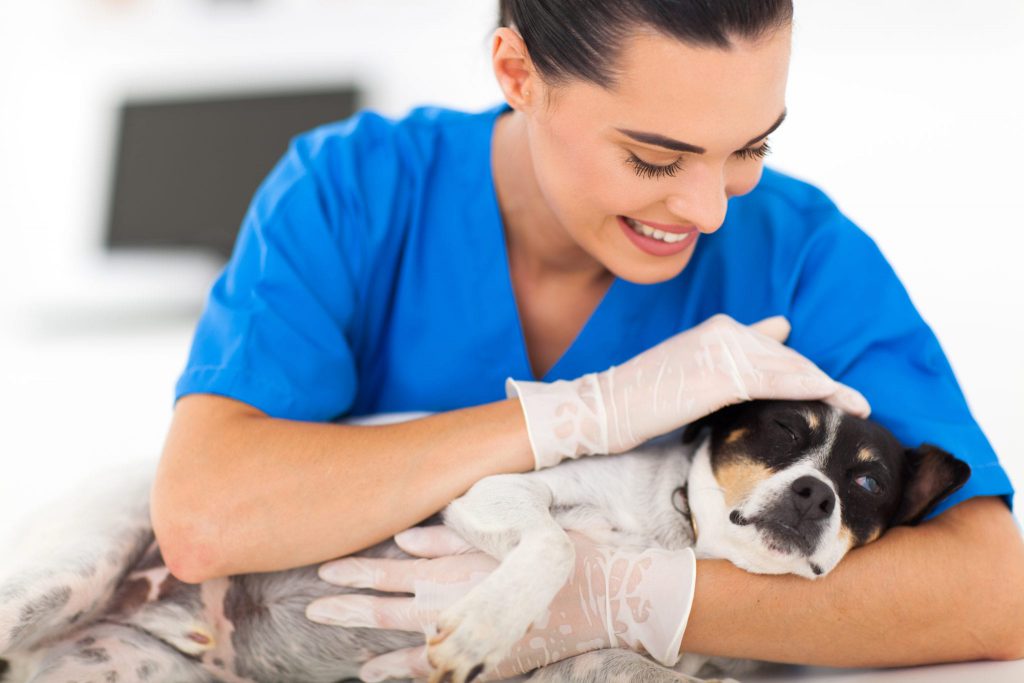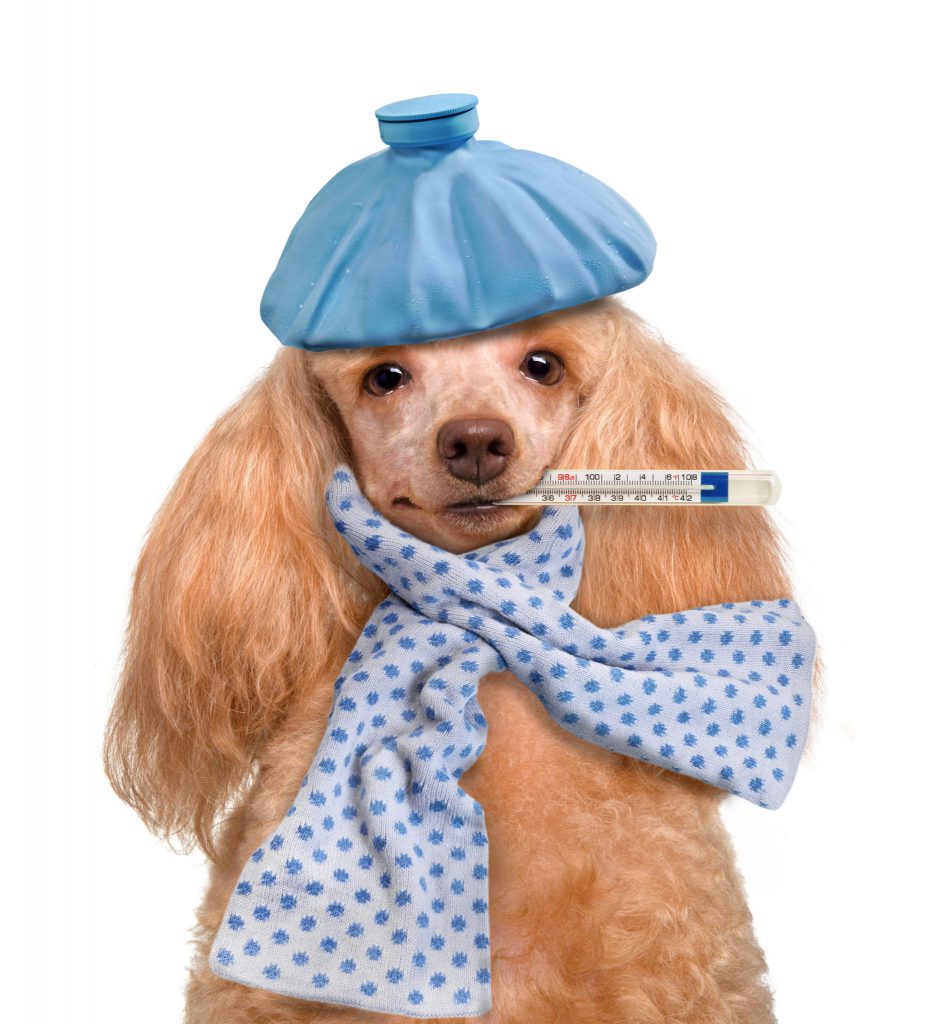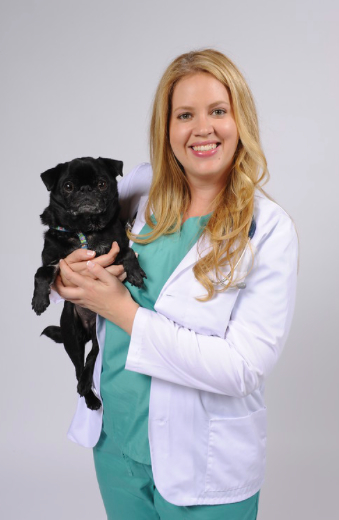
- Change in behavior. There are changes in behavior that can be associated with many types of illnesses or pain, and may indicate that your dog is suffering.
- Restlessness, agitation, hyper-activity
- Lethargic
- Abnormal sleeping habits
- Withdrawn, fearful, increase or decrease in affection
- Aggression and resistance to handling

- Decreased appetite or weight loss. These signs are non-specific and can occur from the following diseases and many others. Weight loss can also occur with a normal appetite.
- Gastrointestinal disease (stomach, small or large intestine)
- Diseases of the pancreas, liver, kidneys or other internal organs
- Cancer
- Heart disease

3. Increased thirst and urination. For increased thirst and urination to be truly a cause of a disease, it must be excessive. You should see a noticeable difference in the amount and frequency of drinking. How long your pet postures to urinate or whether urination is just more frequent can be a subtle sign. Urine accidents or urine in bedding may also occur. The top three diseases are the most common causes of increased thirst and urination.
- Kidney disease, which could be due to ingestion of a toxin, genetic, chronic kidney disease, infections, cancer or other causes
- Diabetes
- Cushing’s Syndrome (a hormonal disease of the adrenal glands)

These diseases can also increase thirst and urination.
- Urinary tract infections, stones, or tumors (whether benign or cancerous)
- Neurologic problems
- Elevated calcium levels due to endocrine or kidney disease, cancer, with lymphoma and anal gland tumors being the most common, and many other causes

- Cough/labored breathing/excessive panting. Many dogs have a chronic, intermittent soft cough which may warrant evaluation, but is not as urgent as a new or worsening cough in a dog, that is also having any form of labored breathing (panting, belly is moving back and forth deeply or at a faster rate than usual). Causes include:
- Heart disease or heart failure
- Pneumonia and other diseases of the respiratory tract
- Anemia (decreased red blood cell count)
- Cancer
- Swallowing an object that is obstructing breathing

- Distended abdomen. A change in the appearance and size of the belly is often a cause of a serious disease.
- There may be fluid in the belly caused by:
- A benign or cancerous tumor
- Trauma
- Heart disease
- Liver failure
- Pancreatitis (sometimes after eating a fatty meal)
- Having swallowed an object that is obstructing
- Blood clotting disorder
- Bloat (Ballooning and dilatation or twisting of the stomach and/or intestines, known as GDV)
- Cushing’s syndrome
Get your own vet prescribed supplement here:
Hemp & Hips:
[/et_pb_text][et_pb_image src="https://vetnaturals.com/wp-content/uploads/2017/04/amazon-btn-150.png" url="https://www.amazon.com/dp/B06ZYSPJF6" url_new_window="on" _builder_version="3.0.47" animation_style="slide" animation_direction="left" animation_duration="500ms" animation_intensity_slide="10%" saved_tabs="all"][/et_pb_image][et_pb_image _builder_version="3.0.106"][/et_pb_image][/et_pb_column][/et_pb_row][et_pb_row _builder_version="3.0.106"][et_pb_column type="4_4" _builder_version="3.0.106" parallax="off" parallax_method="on"][et_pb_text _builder_version="3.0.106"]
Resources:
Ettinger, Stephen J., and Edward C. Feldman. Textbook of Veterinary Internal Medicine: Diseases of the Dog and the Cat. Elsevier Saunders, 2010.
Thompson, Mark S. Small Animal Medical Differential Diagnosis: a Book of Lists. 2nd ed., Elsevier, 2018.
Yin, Sophia A. The Small Animal Veterinary Nerdbook. Cattledog Press, 2010.
[/et_pb_text][/et_pb_column][/et_pb_row][/et_pb_section]









